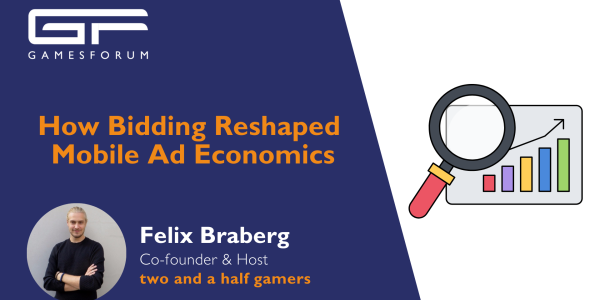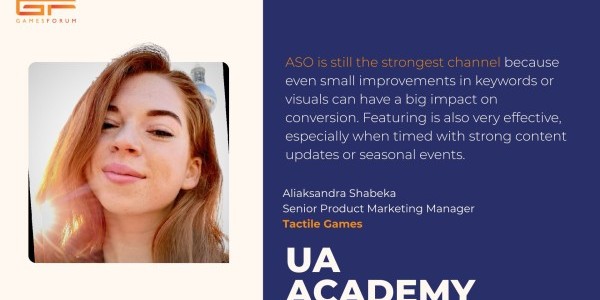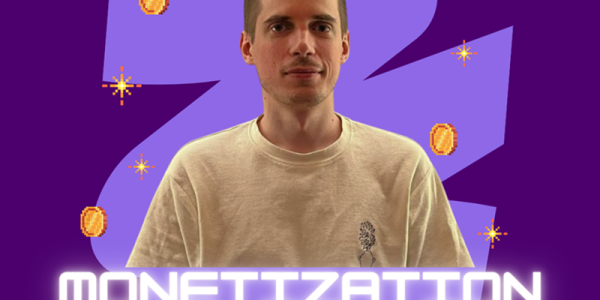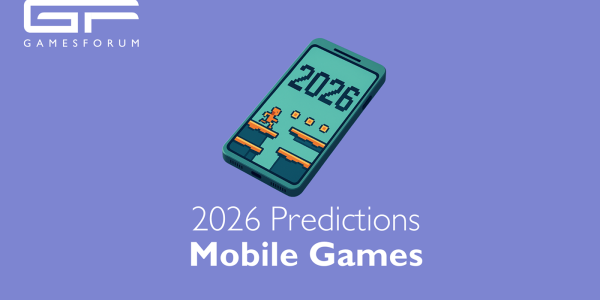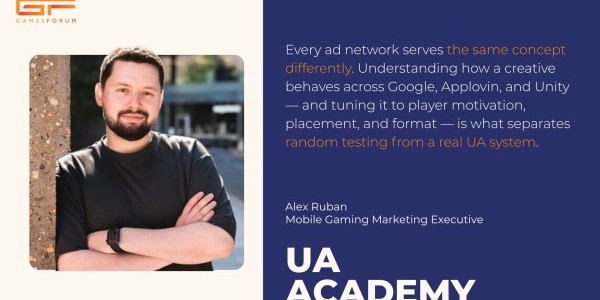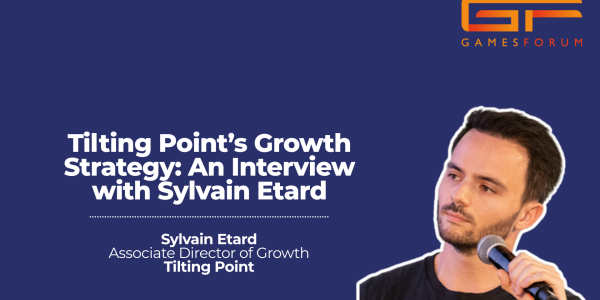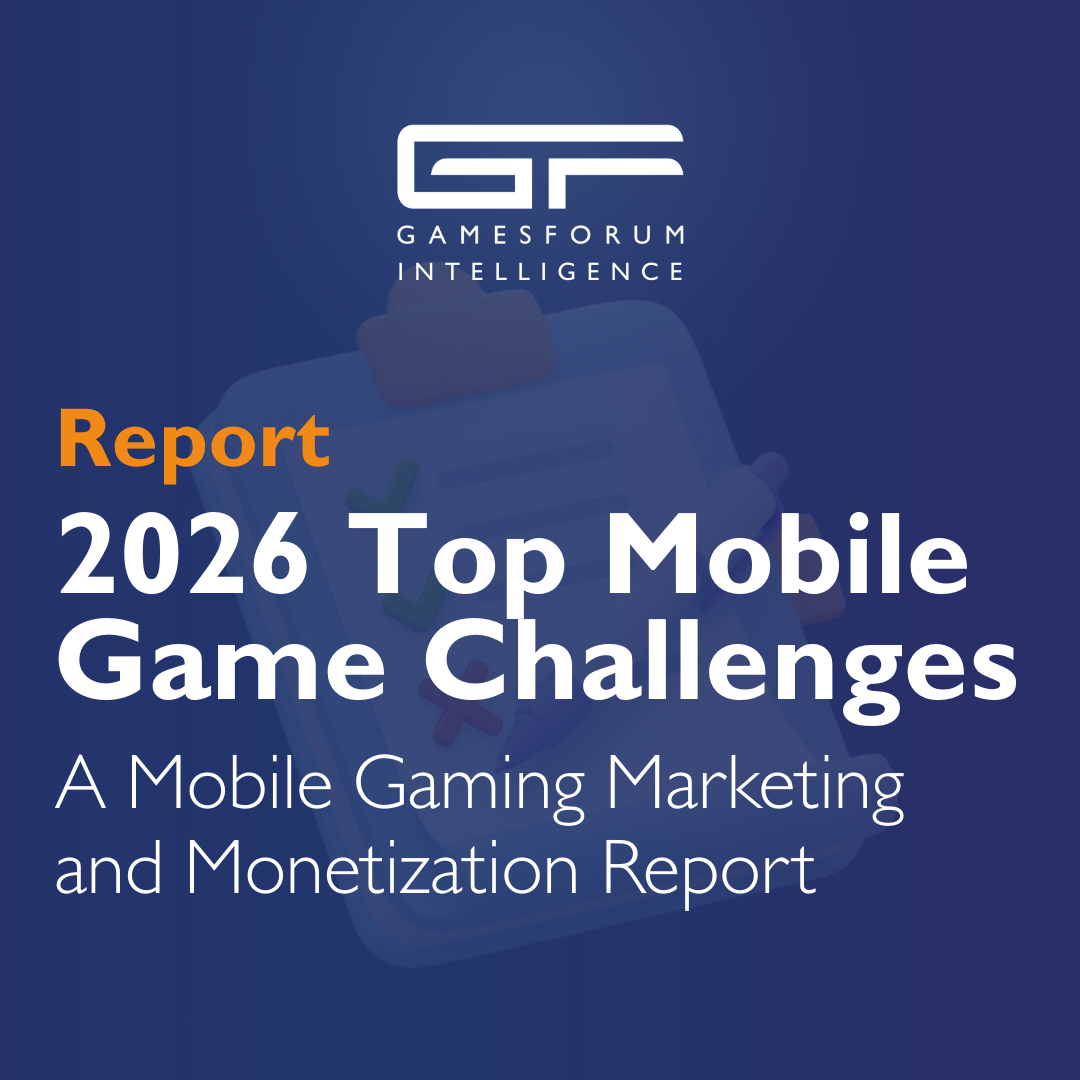Nate Barker on Idle Firefighters and the future of live ops

On this week's Faces being the Fun, I had the pleasure of sitting down with Nate Barker, Director of Business Development at Kolibri.
Hi Nate Barker, thanks very much for talking to me today. Tell us a bit about yourself.
Hi John, it is great to be here. Thank you for having me. My name is Nate and I am the Director of Business Development at Kolibri in Berlin. In previous roles I've worked at Chartboost (recently acquired by Zynga), leading a marketing team for a publisher in Taiwan, as well as stint in a company that specialized in Live-Ops for charity. So, I’ve worked on both sides as a gaming vendor and a developer.
What are the main responsibilities for the Director of BD at Kolibri
A director of business development at a gaming company has a multitude of responsibilities. You're sort of expected to be a bit of a Swiss army knife when it comes to working within the gaming company in the business area. More concretely, I work on things like procurement.
Anytime we are bringing on like a new contract, maybe for an MMP like AppsFlyer or Adjust or if it's something in player services, like PlayFab, it's my responsibility to work on that process. I make sure that all of the vetting for the company, what we're looking for as well as the pricing, all of that is aligned with whatever the vendor is and what they can offer.
I also work on ad monetization because I have a background there. I'm frequently doing deals or in the olden days before we had a full team, I was working on optimizations.
Recently, I have been working on our IP initiatives. Since we were acquired by Ubisoft, I am responsible for things like a “Just Dance” event in Idle Miner. Finally, I’m lucky to also represent Kolibri at speaking engagements. These are designed for recruiting as much as they are designed to further our brand and establish ourselves as thought leaders in the industry.
It sounds like you’re the touch point of the company.
Yeah, exactly! It’s a lot of fun but also a unique challenge. For my very first day of the job, our CEO told me, “OK Nate. now that you're back over here on the developer side again, just remember your objective is to say no ninety-nine times out of a hundred.” It's not to be discouraging to partners but the reality is that we’re composed of very small teams with tight resources.
There's just still too few resources and you learn very, very quickly how easy it is to like derail a good operation by doing too many things at once.
If it ain't broke don't fix it. So what does a typical day look like? Are you an AM or PM person.
I am a PM person but the culture of our studio is kind of unique and we really like to emphasize core working hours. It used to be that the company started precisely at 9:00 AM and finished precisely at 6:00 PM and because we're in Berlin that would usually conclude with some good German beers at the end of the day.
We've loosened up slightly because in trying to hire more people, there's a lot of people with kids and families and they need a little bit more flexibility, but we still maintain pretty focused working hours.
I get up early so I can make sure that I'm aligned with the rest of the team and also because we have partners in various parts of the world that we need to talk to, but on weekends if I can, I'll sleep until like noon.
How have things changed culturally from when you first joined to now?
I think our emphasis is on efficiency and making sure that we're listening to the players. All of the things that we're doing, all the conversations we're having are to make sure that the players have a voice. In the early days of the company, we would have these meetings with the community managers. They would give a report on all the things that the community wasn't happy about; here's what they like, here’s what they’re upset about, etc. This meeting dictated our roadmap for the next sprint. We've shifted to being much more data-driven so we can listen to the “silent majority.”
We still want to ensure that we're making decisions based off the community's input. A big part of the company strategy is that we try to achieve that via weekly sprints. We focus on delivering as much impact as possible with just a week’s worth of effort for each game update. This mindset permeates throughout the entirety of the organization. So over on the BD side, you know, I'm looking for what, what is something that I can achieve this week that will advance 80% of our goals for 20% of the work. It's called the Pareto principle.
And how about as a company culture?
We do a lot of things to make sure that people are feeling heard and still connected. We’ve onboarded, maybe 40 or something new people since the pandemic. That's a huge chunk of a 130 person company so we spend a lot of time making sure that there's socialization and lunches to get people talking and feeling like they're part of the community internally.
Idle Firefighter Tycoon launched about six weeks ago, are you happy with how things have gone so far?
We are extremely happy about how things have gone with Idle Firefighters. I think what worked really well with Idle Firefighter is that it was born from a process that we established and we went into knowing that if needed we would fail very early. Looking back in history, our first release, Idle Miner Tycoon was extremely successful out of the gate. We weren't entirely sure how to follow up with that success so we had to put in a process where we did concept testing, where we were willing to kill games, where we figured out what mechanics we can match up with the idle genre.
We saw that emergency services games do really well. We built a game that was one part old (idle simulation), one part different (emergency services themed), and one part new (fun minigames). The community response has been stellar, the platforms have generously featured the title, and our marketing effort has kicked into high gear to propel this game to rival Idle Miner Tycoon. We couldn’t be any more proud of the herculean effort this took.
So Firefighters is the sixth game in the Idle franchise, how much scope do you think there is to further develop the family?
I think there's a tremendous amount of room left in the field. We've seen the evolution of the idle genre over the past few years. We saw where it started off, when virtually a joke genre focused on a clicker mechanic. Later, it grew to be more about business management, which is where we came in, right with Adventure Capitalists and Adventure Communist (huge heroes of ours. Now, we have entered an era with more complex graphics and a broader range of systems for players to manage.
I think there's still a lot more that can be done. I think audiences expect a lot more complexity and they're not as concerned with the simplicity and exponential growth of in-game currency – traits that characterized earlier games in the genre.
So what was your favorite game growing up and what mobile games are you playing right now?
My favorite game growing up would have been Sim City 2000 and my guilty pleasure right now… mobile or in general?
Both.
In general, I’m playing a lot X-Com 2 on my switch, which is a lot of fun. On mobile I am playing Rebel Inc, which is the, lesser-known follow up to plague Inc. It’s a neat premium game about pacifying a war torn area that has rebels in it. But I like it because you have to focus on humanitarian aid, infrastructure, propaganda, etc. You have build hospitals and vaccinate people and accomplish all the less flashy aspects of governance.
So what trends do you see in industry right now that most excite you?
There's a few things. For instance, liveops is becoming much more accessible to smaller developers. There's probably more options when it comes to customizing player journeys and I think that's going to become crucial, especially given some of the changes that are being done when it comes to user privacy. It's going to get a lot harder to monetize with ads. This will precipitate a tighter focus on IAP and subscriptions.
In order to make sure that those are interesting to players, developers are going to have to get really, really good at customizing gameplay so that it fits unique player needs, especially since live ops is not an acquisition play, it's a retention play. If it's harder to monetize with ads, it's also of course harder to acquire players via ads. LiveOps helps to solve this problem by ensuring that once players are in the game, they’re treated right, resulting in better LTVs and a happier community.
That's a really good point. And finally I see you’re hiring, so for readers who might be considering the next step in their career, what's the best thing about working with Kolibri?
Well, I mentioned the community bit at the beginning. We're definitely extremely community driven although things are of course different because of the pandemics.
We're also currently in the process of building our live ops platform actually so its top of mind for us and that's something where we are growing really, really quickly. So if you're somebody who wants to take maybe more intellectual risks, but also be supported by a company that's interested in seeing where you can go with that thinking process, this is a good time because we're exploring all of the different directions that we can grow live ops.
I think other great things about working at Kolibri is just, of course, everybody's like passion for games and passion for delivering the best experience for players and that really like permeates. It's not like a factory or something where you're just like stamping out titles. We have no crunch and have a pretty flat hierarchy. We're very focused on like making sure that our players and our developers are well taken care of.
Nate thanks so much for taking the time to speak with me today.


